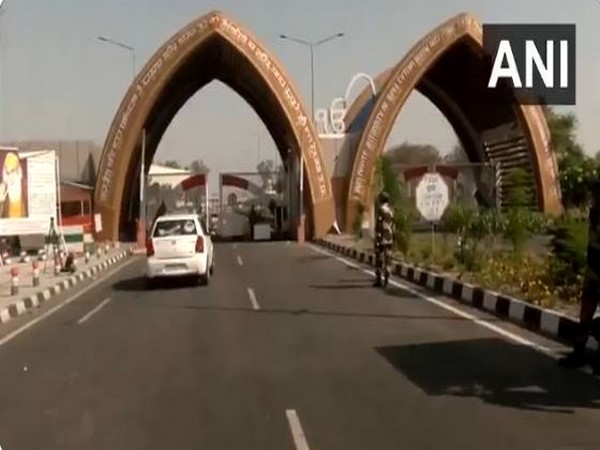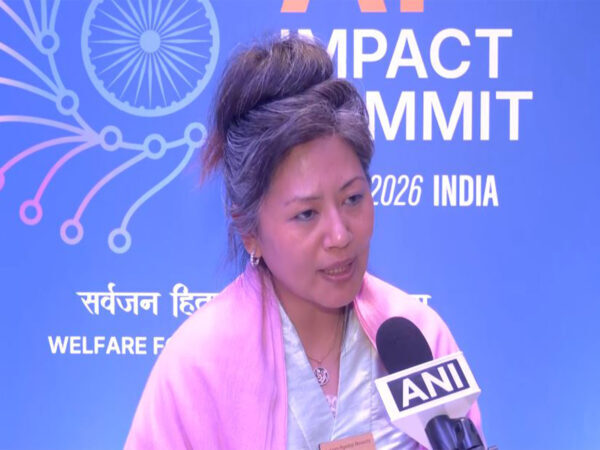
Kartarpur Corridor Remains Open Despite Rising Tensions
Despite the recent Pahalgam terror attack and growing tensions between India and Pakistan, the Kartarpur Corridor remains open for devotees to visit the Kartarpur Sahib gurdwara in Pakistan, even as the Integrated Check Post at Attari remains closed.
A devotee expressed his disapproval of the attack and said that once the terrorists responsible for the attack are apprehended, the situation would become clearer.
While speaking with ANI, the devotee said, “What happened (terror attack) was really wrong…I am going to the Kartarpur Sahib Gurudwara to pay obeisance..They (terrorists) targeted the Hindu brothers to spread hatred. Once the terrorists are held, everything will become clear.”
The Kartarpur Corridor links Gurdwara Darbar Sahib in Pakistan, the final resting place of the founder of Sikhism, Guru Nanak Dev, to the Dera Baba Nanak shrine in Punjab’s Gurdaspur district. The visa-free 4.7-kilometre-long corridor connects the Indian border to Gurdwara Darbar Sahib in Pakistan. It became operational in 2019.
Following the terror attack, the Central government announced several diplomatic measures, such as closing the Integrated Check Post (ICP) at Attari, suspending the SAARC Visa Exemption Scheme (SVES) for Pakistani nationals, giving them 40 hours to return to their country, and reducing the number of officers in the High Commissions on both sides.
India also halted the Indus Waters Treaty signed in 1960 in the wake of the Pahalgam attack. Terrorists attacked tourists at Baisaran meadow in Pahalgam on April 22, killing 25 Indian nationals and one Nepali citizen while leaving several others injured.
The Indus Waters Treaty was signed in 1960, following nine years of negotiations between India and Pakistan, with the assistance of the World Bank, which is also a signatory to the treaty. Eugene Black, a former president of the World Bank, initiated the talks.
Recognised as one of the most successful international treaties, it has endured frequent tensions, including conflict. It has provided a framework for irrigation and hydropower development for over half a century.
The Treaty allocates the Western Rivers (Indus, Jhelum, Chenab) to Pakistan and the Eastern Rivers (Ravi, Beas, Sutlej) to India. At the same time, the Treaty allows each country certain uses of the rivers allocated to the other. The treaty allocates 20 per cent of the water from the Indus River System to India, with the remaining 80 per cent to Pakistan. (ANI)



